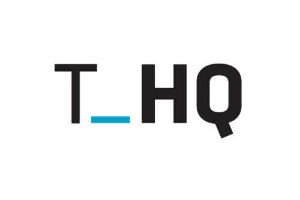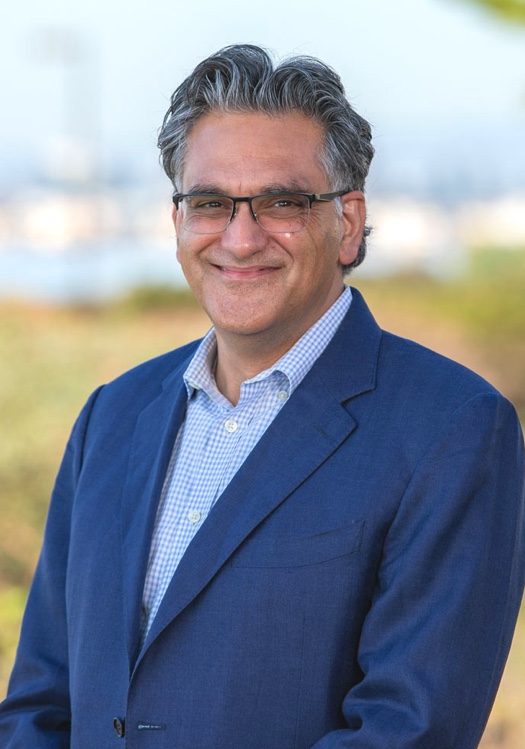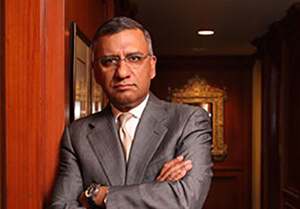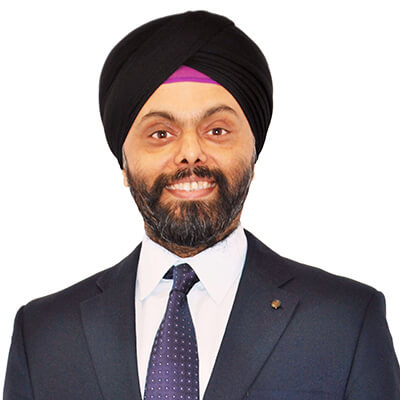Customers today want options and flexibility— if businesses want to remain competitive and scale, that often means having vast, complex inventory.
But that presents another challenge; ensuring that inventory— whether it’s clothing, hotel rooms, holiday packages, or otherwise— is managed in a way that optimizes sales and revenue, which can be sold across a multitude of channels.
At any given point, the US-headquartered Royal Caribbean Cruise Line has 4.5 million price points available. In an interview with Hospitality Net, Michael Goldner, Vice President of Revenue Management of the cruise line said there is a “price on everything”.
The cruise line offers a choice of 26 ships, with different offers priced at different currencies around the world. Aboard of each of those ships, meanwhile, customers can pick from options such as a “typical interior cabin” to areas that can hold up to 12 people.
Up until recently, ensuring bookings were made at the right time, at the right place, meant relying on a team of analysts. This group monitored market trends, feeding back the intelligence needed for the company to adjust its offers.
But as the company has scaled, managing those millions of constantly-changing pricepoints in the highly competitive travel and hospitality market became impossible. And so the cruise liner turned to artificial intelligence (AI).
While the company typically achieves full occupancy of its cabins, it teamed up with Boston Consulting Group and Accenture to research how AI programs could segment customer groups, which could then be presented with different deals that help maximize revenue.
For example, different customer types will book within different booking windows. Bookings made 10 months in advance weren’t actively managed owed to a lack of resources and urgency to fill cabins, so prices wouldn’t be reactive to market changes.
AI, however, has allowed for part of the inventory to be priced, automatically and flexibly, to cater for peaks and troughs in demand.
“As part of this, we have built an AI model that is continuously learning and adapting to what we are seeing in the market, and the impact that price changes can have on-demand,” said Goldner, keen to add that the technology wouldn’t be replacing the firm’s analysts, rather shifting the roles that they play.
Meanwhile, the implementation of AI means hiring people in the know. It recently hired four data scientists and a Senior Vice President of AI, who will continue to grow a team as the project advances further, and is taken from under the watch of consultancies, in-house.
“AI and ML is not an effort to cut costs,” said Goldner. “It’s really to increase the scope of what we manage and it helps us be less one-dimensional about the client.”
Royal Carribean Cruise Line is just one example of a company adopting AI and advanced data insights technology to remain a top contender in a global travel and tourism global surpassing US$8.7 trillion, where international tourist arrivals continue to climb.
Industry players now have more data sources than ever to fuel AI technology, beyond just the realms of inventory management, to personalized offers and marketing, enhanced and tailored services and experiences, and adjusting products and services based on competitor analysis.
Earlier this week, TechHQ spoke to Dr. Anil Kaul, Co-founder, and CEO of Absolutdata, who explained how data-driven personalization, and the ability to “react quickly” on insights, has become fundamental to success in the hospitality industry.
“If the business doesn’t personalize service and make each guest feel like the property is tailoring service to meet their unique needs, those customers will go to a competitor instead,” Kaul said.
























